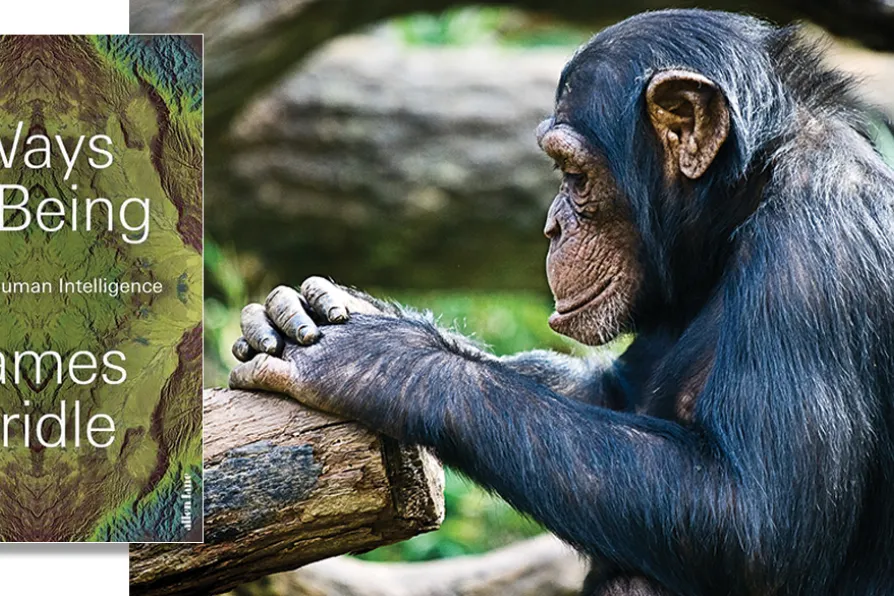MATTHEW HAWKINS enjoys a father’s memoir of life with his autistic son, and the music they explore together

 Recognising alternative intelligences in the expansive taxonomy of life
Recognising alternative intelligences in the expansive taxonomy of life
Ways of Being: Beyond Human Intelligence
James Bridle
Allen Lane, £20
IT IS impossible not to be enthused by James Bridle’s epic vision of a future in which digital technology is repurposed to reconcile a blinkered, supremacist human intelligence with the “more-than-human” aptitudes of animals and plants.
Every page written by this original thinker bubbles like primordial soup with optimism about the possibilities were our benighted species to look beyond its navel for solutions to the many problems it has visited upon the natural world.
Ways of Being is Bridle’s manifesto for an “ecology of technology” that recognises alternative intelligences in the expansive taxonomy of life with which humans can collaborate in a bold experiment in mutual benefit to create a truly just world.
Inspired by the author’s fascination with the computer and cognitive sciences, this is a timely effort to imagine an interface between transformative developments such as artificial intelligence (AI) and other ways of “doing” intelligence found in nature.
On the one hand it is a work of deep ecology premised on the familiar human delusion of grandeur — what Bridle calls the “extractivist violence and speciesist totalitarianism” — upon which our sense of exceptionalism is based.
The book challenges anthropomorphic ideas about cognition and embraces the Gaian hypothesis of global biological synergy.
On the other it is a set of contemporary philosophical reflections on the genius concealed in the non-human realm and the relevance of this to the tawdry politics of our jaded democracies.
We learn about primates that pray, fungal networks, plants that listen, the messy speciation of hominids, symbiosis, network theory, cloud computing, the origin of language, cybernetics, slime mould analogue computation, Athenian sortition, smart bees, corporate greed and “metal farming.”
There are far too many ideas to mention but, above all, Bridle shows how our own behaviour reflects the networks and decision-making processes found in nature. He writes: “The world is not like a computer; computers are like the world.”
Our forgotten proximity to the natural world has implications. If all intelligence is ultimately ecological, as Bridle argues, then the real promise of AI may be to reveal to us an ancient truth about how connected all living things are.
Indeed, there is an imperative to doing so — a “new Copernican trauma looms” that makes our survival as a planetary vandal contingent upon such interdependence. If we collaborate with nature, we may solve our most pressing problems.
Ways of Being is a strangely reassuring book, grounded as it is in exploring our alienation and the creative possibilities inherent in embracing cognitive diversity to challenge binary functionalism.
That said, it is also profoundly utopian, a gloriously extended TED lecture in magical prose cherishing the ideas of Kropotkin and full of sweeping, colourful leaps of faith that at times seem non-sequiturs and owe as much to the bold strokes of an artist as a scientist’s scalpel.
Bridle would make no excuses for this, and carry on regardless. This is welcome — his imagination nourishes us, and the food for thought he serves up should probably be on the menu in every (human) school worthy of the name.
















